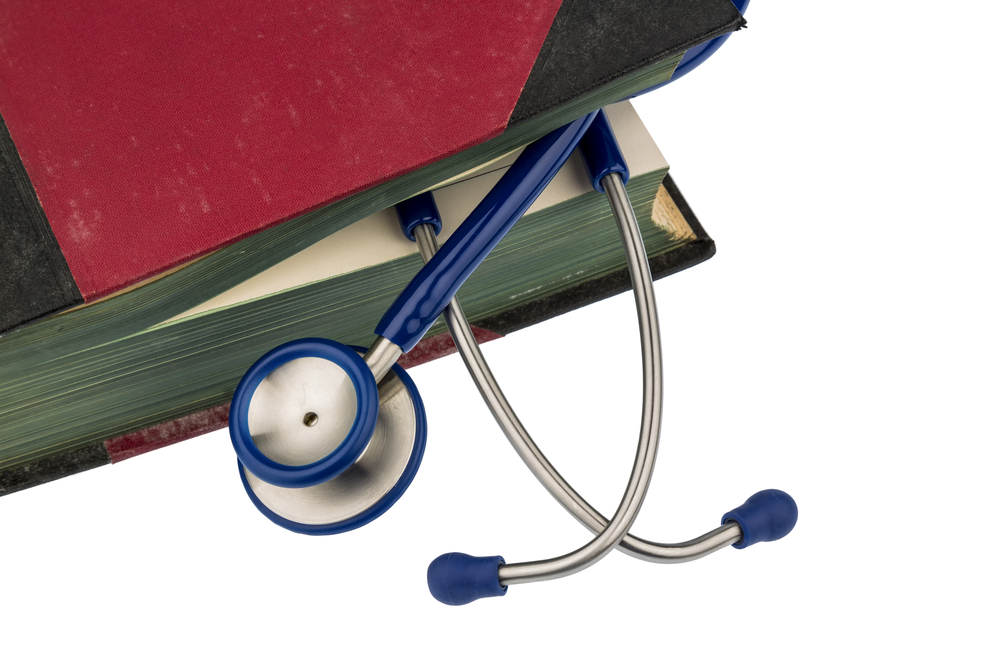
The thorax sits between an animal’s head and abdomen. In humans, the thorax corresponds to the chest.
A thoracic injury can happen in many types of accidents, from car accidents to falls. These injuries can produce a wide range of consequences, from pain and swelling to death.
Table of Contents
What Is a Thorax?
The human thorax covers the area from the shoulders to the diaphragm. This region corresponds roughly to the area protected by the ribcage. Doctors use the word “chest” interchangeably with “thorax.”
That being said, “thoracic injury” typically describes injuries to structures and organs inside the thorax, and “chest injury” usually describes injuries to the musculoskeletal part of the chest.
The musculoskeletal portion of the thorax includes:
- 12 pairs of ribs
- 12 thoracic vertebrae joined to the ribs
- Cartilage holding the ribs to the sternum and each other
- Ligaments holding the ribs to the spine
- Muscles held by tendons to the ribs, spine, shoulder blades, and collarbones
These structures protect the chest cavity. The heart, lungs, and major blood vessels sit in the chest cavity. The esophagus and trachea pass through it as well. Nerves that run to your vital organs, abdominal organs, and legs also run through the thoracic cavity.
How a Thoracic Injury Happens
Thoracic injuries can happen in two primary ways:
Penetrating Object
When an object penetrates the thoracic cavity, it can pierce the vital organs. The object could come from outside the body. For example, you could suffer a penetrating thoracic injury if a sharp object impales your chest during a construction accident.
The object could also come from inside the body. A broken rib, for example, could get pushed inward and tear into the thoracic cavity. This injury could happen when you hit your chest on the steering wheel during a car accident.
Blunt Force
Blunt force can damage the tissues inside your chest cavity. Many of the chest structures contain air or liquid. When you suffer a blow to the chest, these structures can burst under the pressure generated by the impact.
For example, a slip and fall accident could damage your lungs, heart, or major blood vessels when you impact the ground. You do not need any object to pierce the chest to cause internal bleeding or other internal injuries.
Examples of Thoracic Injuries
Thoracic injuries can take a few different forms depending on the structures that get damaged. Some examples of thoracic injuries include:
Collapsed Lung
A collapsed lung happens when something gets between the chest wall and your lung. The lungs require a vacuum to expand. When gas or liquid fills the chest cavity, the pressure squeezes the air out of one or both of your lungs and prevents them from expanding.
After a collapsed lung, you will struggle to breathe. You will suffer permanent lung damage or even death if you do not receive emergency treatment to remove the gas or liquid. Once emergency responders drain the fluid and patch the hole, your lung can refill with air.
A collapsed lung happens in two ways. A pneumothorax usually happens when a penetrating object pierces the chest wall and allows air to rush into the chest cavity. The air rushes in at atmospheric pressure and fills the vacuum surrounding the lungs.
A hemothorax happens when you suffer from internal bleeding in the chest. The blood floods the chamber containing the lungs and squeezes the air out of them.
Cardiac Tamponade
The pericardium surrounds the heart. This membrane protects the heart from infections and prevents the heart from rubbing against other organs as it pumps.
Cardiac tamponade occurs when the pericardium fills with fluid that strangles the heart. As a result, you could experience an irregular heartbeat. The fluid pressure could even stop your heart.
Ruptured Aorta
Blood travels from the heart to the lungs. Blood picks up oxygen in the lungs and then travels back to the heart to be pumped to the body and brain. As it passes out of the heart, the blood travels through the aorta.
Trauma can tear or rupture the aorta. When this happens, you can bleed to death internally within a few minutes. Doctors and emergency responders usually cannot save patients who suffer from a ruptured aorta unless they are already treating them for something else when the rupture happens.
Pulmonary Contusion
“Contusion” is the technical word for a bruise. A pulmonary contusion happens when blunt trauma to the chest ruptures the small blood vessels in the lungs. Blood leaks into the lung tissue, and like a bruise, causes the lungs to change color on an X-ray or CT scan.
But unlike a muscle bruise, a lung contusion can kill you. When the lung tissue fills with blood, it cannot take in oxygen. If the bleeding does not stop, your lungs can fail.
Getting Compensation for a Thoracic Injury
Thoracic injuries are rare. But when they happen, they can kill you. Your heart and lungs keep your body’s cells oxygenated. Without oxygen, cell activity stops and the cells begin to die.
You can often get substantial compensation for a thoracic injury resulting from an accident. Your injury may require costly medical treatment, and you may miss weeks or months from your job as you recover, eliminating your earning power.
Compensation for your injury will also cover all the ways your injuries diminished your quality of life. You can get compensated for the pain you experienced and the disabilities you suffered.
To get compensation for a thoracic injury, you must prove that the other party was liable for your injuries. In most situations, you establish liability by showing that the other party acted negligently in causing your injuries. Negligence happens when the other party fails to act with reasonable care.
Contact a Miami Personal Injury Lawyer to Schedule a Free Consultation
A thoracic injury can produce both physical and mental trauma as you fight for your life. You deserve compensation for your injuries. Contact Shaked Law Personal Injury Lawyers at (305) 937-0191 for a free consultation to discuss the compensation you can seek for your thoracic injury.
